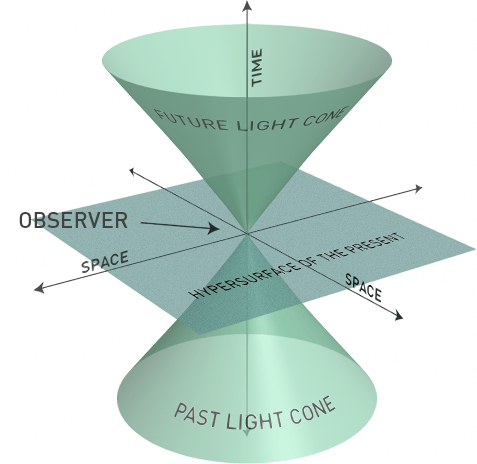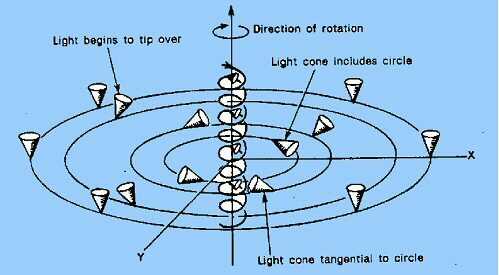Ok lets first break apart your questions:
Question 1:
...would travelers from the future come back to prove it exists?
Answer 1: Why would they bother, what possible motivation would they have for this. They know it is possible and exists they wouldn't need to prove it to the past.
Question 2:
Surely, they would bring that technology back in time to let the
people of the past use it?
Answer 2: See Answer 1
Now lets look at your theoretical explanations for why this might not occur:
I have four theoretical explanations so far, can anyone explain them
in more detail, or provide other possibilities?
Theory 1:
The people decided to ban backwards time travel...
Response: People ban lots of things and still people do those things, so most likely some people would still do that thing.
Theory 2:
The people in the future went back in time to an alternate past.
Responses: Personally I've always viewed alternate pasts as a hack trope of time travel plots. I comprehend alternate futures, but the past seems rather fixed from the POV of whatever when you are. Besides if this were the case then it doesn't particularly matter.
Theory 3:
The people come back in time ... then jump forward in time... they
return to is different to the one they left.
Response: This is basically the classic many worlds/alternate timelines trope. Again if their present changes, it is still our relative future so no big deal from our POV.
Theory 4:
They cannot go back in time ...therefore they can only go forward in
time.
Response: So basically.... they are us. Traveling forward in time and never back.
But have you considered that perhaps they have and do. Maybe they have been here maybe they have marched up the steps of the white house and declared that they are from the future and presented us with a time machine. Maybe they've created countless paradoxes.
Here is the funny thing about time travel.
We do it all the time without thinking about it, albeit in one direction. If we could turn around and go "the other way" we would un-perceive things going in reverse. Funny thing about this is that in-fact there is no reason to believe that we are in fact going in the "right" direction we may live in a back-wards universe with crazy things happing like, gravity pulling things together, light coming out of stars and and people being "born".
Now...if we could jump back or forward in time but then continue forward in time at our normal temporal pace.. ah this would be what we think of as time travel, with that concept, there are basically four primary possibilities I can see.
Personally I like this last option... unfortunately this also means that the first option is also true.
So the point of all this is that. In a universe where time travel is possible there is no reason to believe that we would know it when we saw it even if it were sitting right in front of us.




Comments are not for extended discussion; this conversation has been moved to chat.
– Serban Tanasa – 2016-08-11T12:15:23.313Comments are not for extended discussion. Use the chat http://chat.stackexchange.com/rooms/43800/discussion-on-question-by-aric-fowler-if-time-travel-is-possible-in-the-future
– Tim B – 2016-08-18T11:19:25.833Time travel isn't possible in worlds; it's a feature of the Universe (where "Universe" is what we used to call the Multiverse). I know that sounds picky, but it's an important concept to keep in mind. – RonJohn – 2017-05-04T15:05:27.430